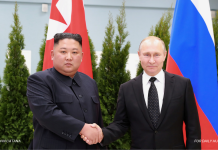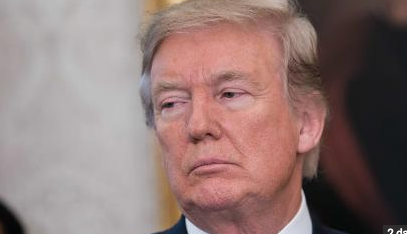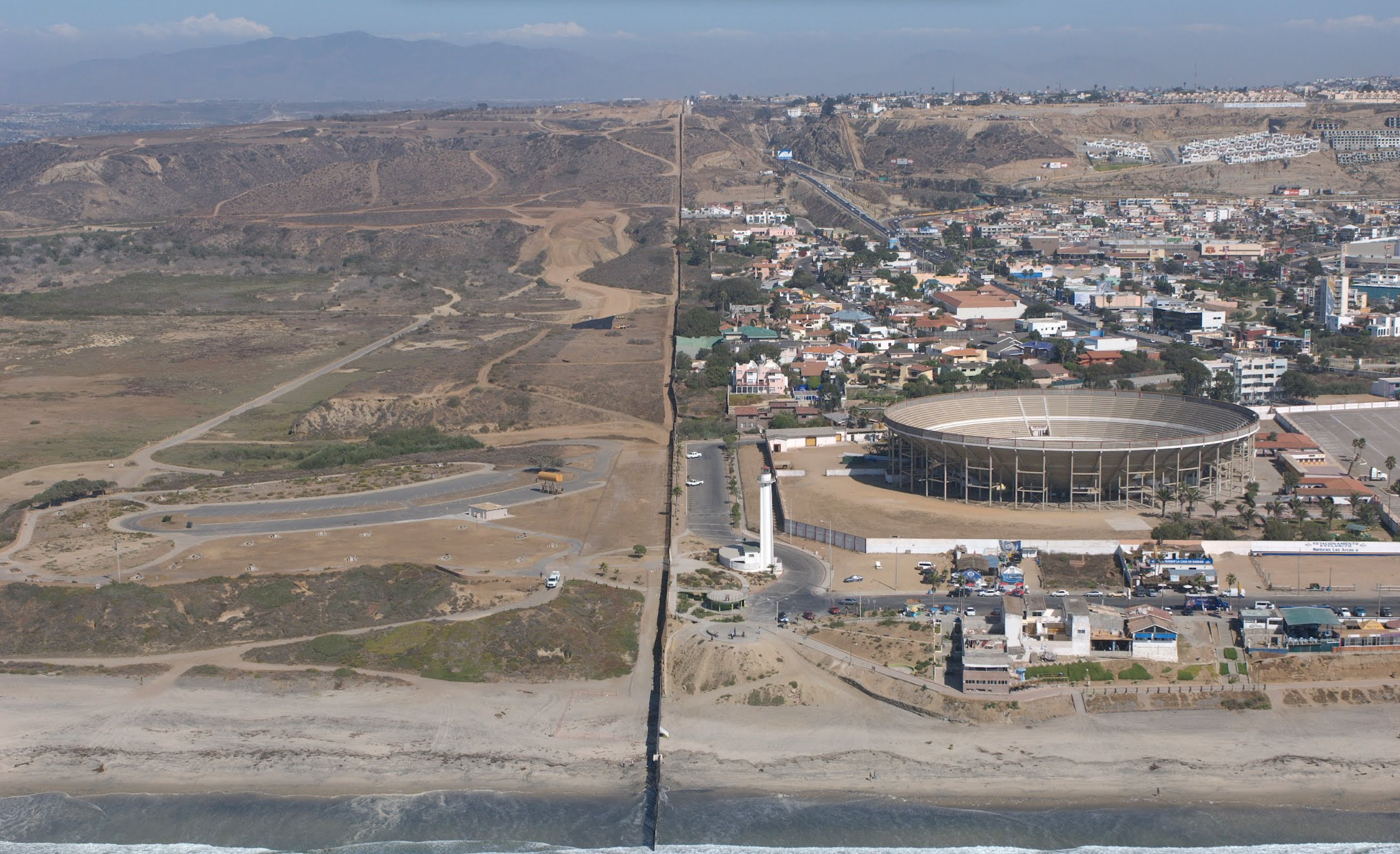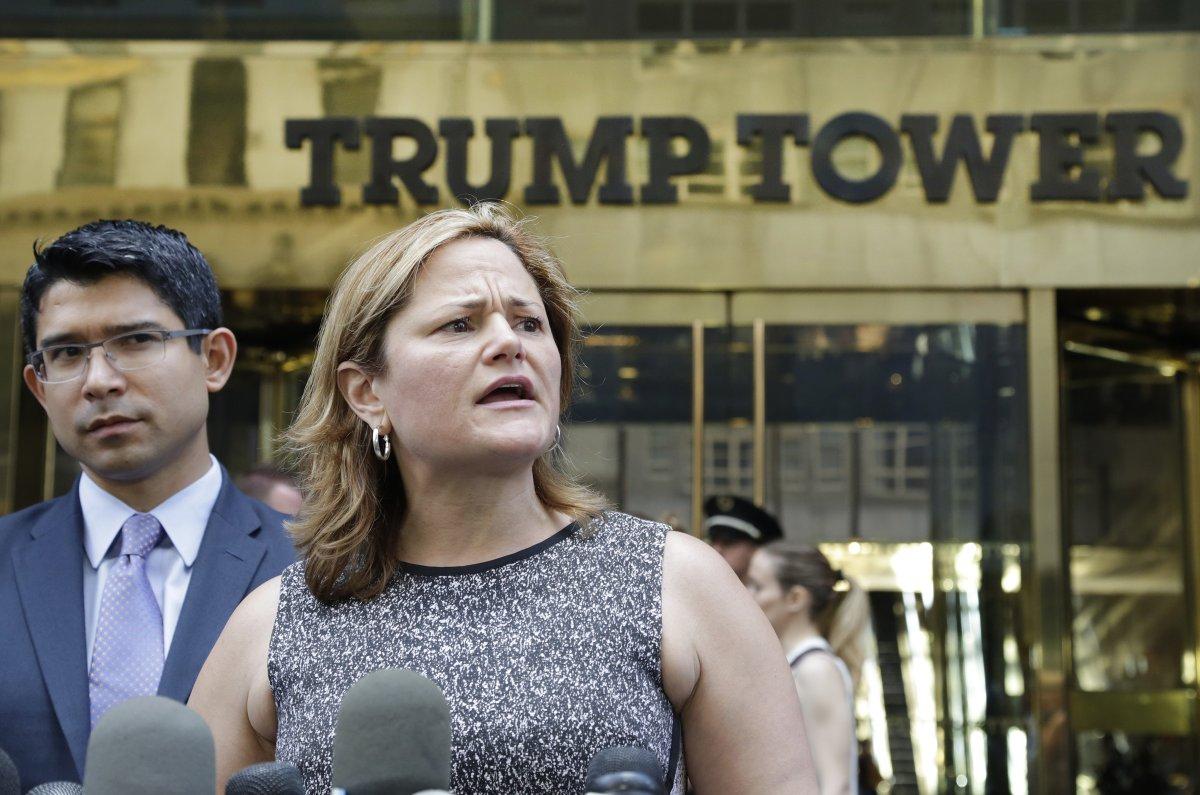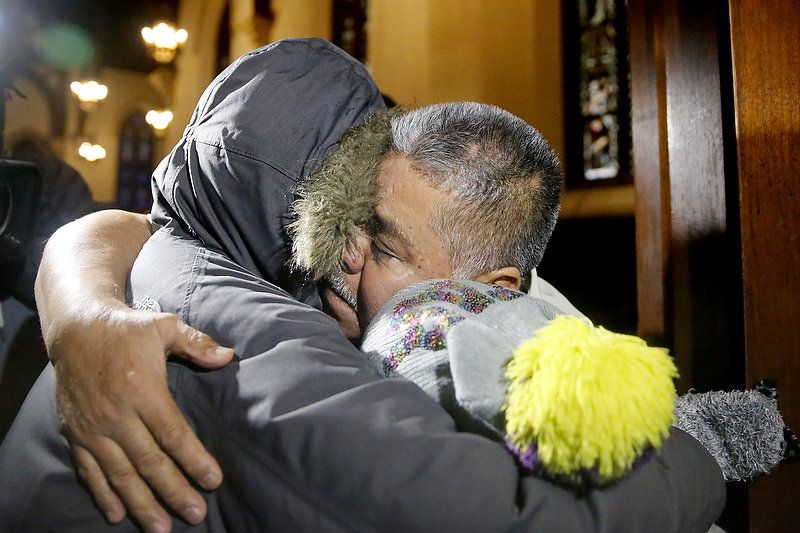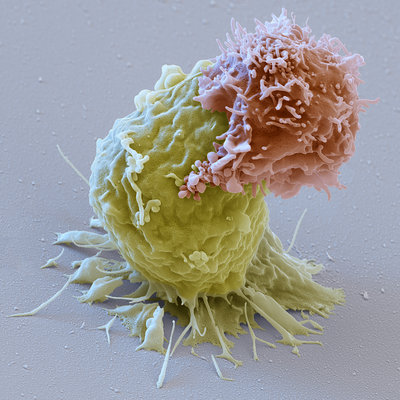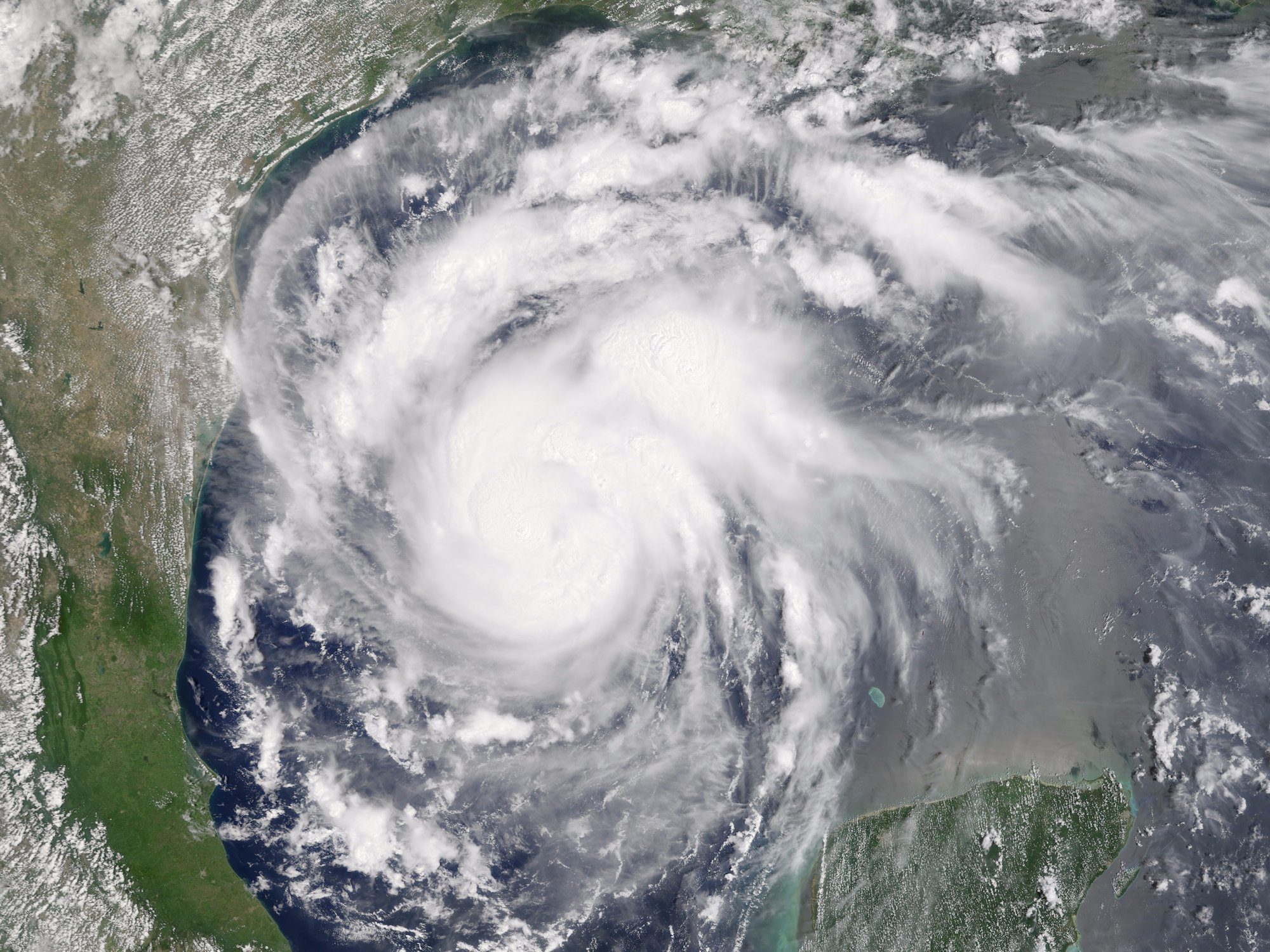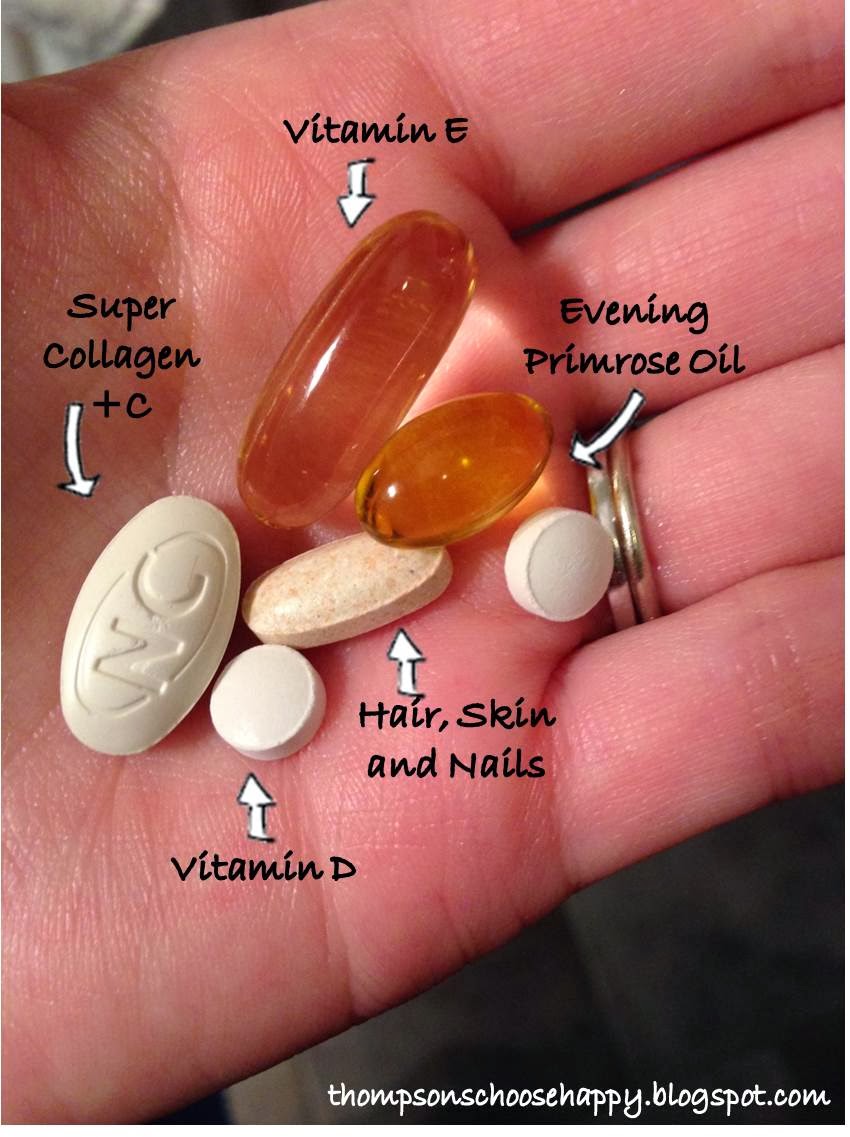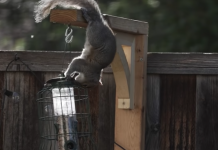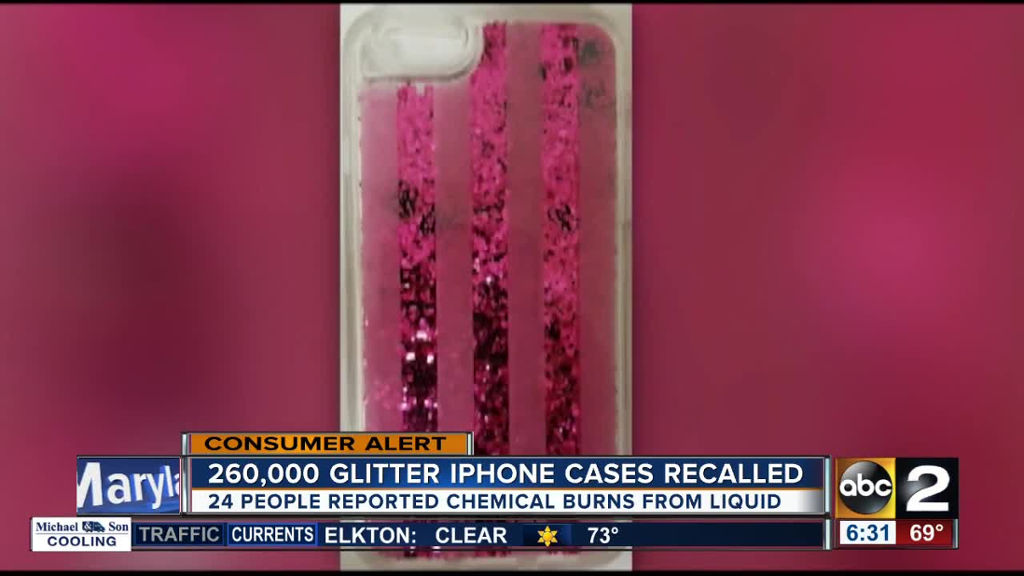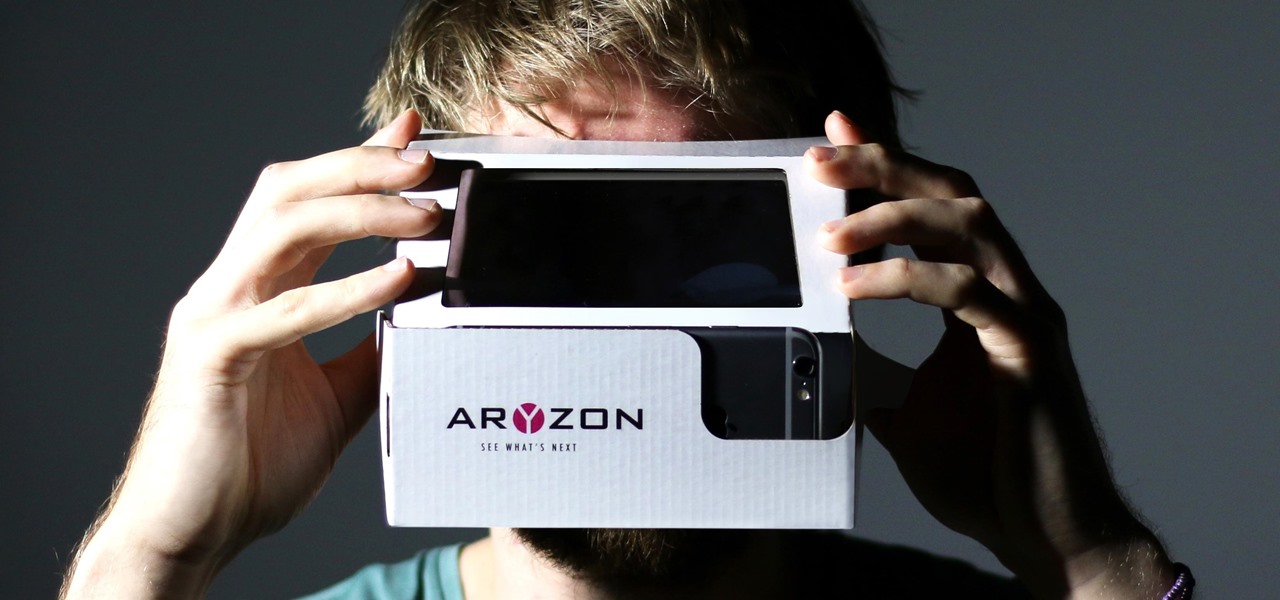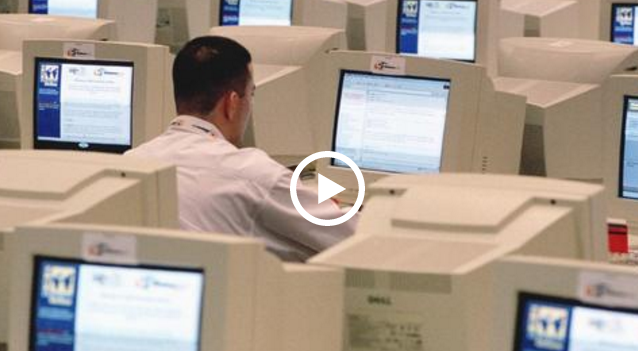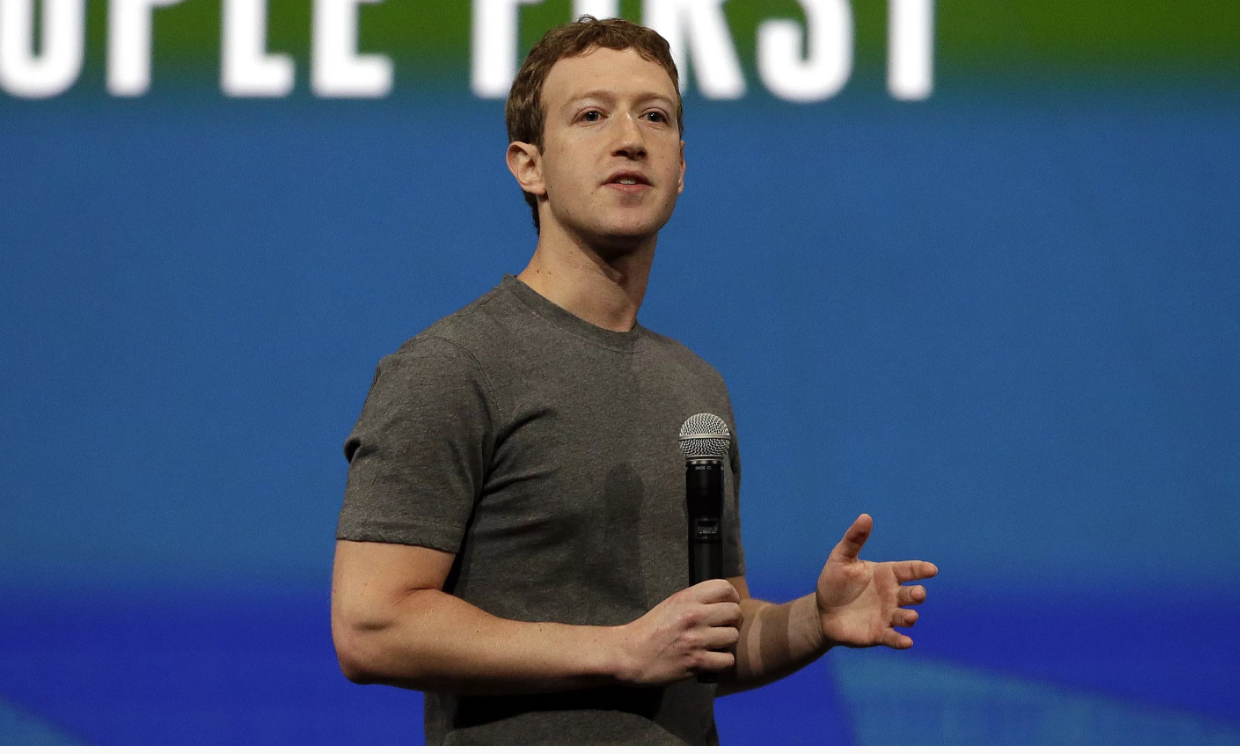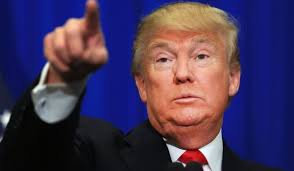Article from Washington Post
The Islamic State claimed Tuesday that one of its “soldiers” carried out an apparent suicide blast in Manchester that killed at least 22 people, including teenagers and others streaming out of a pop concert.
U.S. officials, speaking on the condition of anonymity, identified the assailant as Salman Abedi. They did not provide information about his age or nationality, and British officials declined to comment on the suspect’s identity.
Islamic State’s claim came as British investigators intensified their search for possible accomplices and police teams fanned out across the northern city after the worst terrorist strike in Britain in more than a decade.
The Islamic State did not give any details about the attacker or how the blast was carried out late Monday. Its statement was posted on the online messaging service Telegram and later noted by the SITE Intelligence Group, which monitors militant websites.
The Islamic State often quickly proclaims links to attacks, but some previous claims have not been proven.
British Prime Minister Theresa May called the carnage a “callous terrorist attack.”
“This attack stands out for its appalling, sickening cowardice deliberately targeting innocent, defenseless children and young people who should have been enjoying one of the most memorable nights of their lives,” she said, speaking outside her Downing Street offices, where flags were lowered to half-staff.
Authorities believe they know the identity of the assailant, May added, “but at this stage of their investigations, we cannot confirm his name.”
Condemnations also poured in from other leaders around the world.
The Greater Manchester Police said in a statement that they arrested a 23-year-old man in south Manchester in connection with the attack, as hundreds of officers swarmed the city in the aftermath of the blast.
In Washington, Director of National Intelligence Daniel Coats said Tuesday that despite the Islamic State’s claim of responsibility for the Manchester attack, “we have not verified yet the connection.” He noted in a Senate hearing that “they claim responsibility for virtually every attack.”
The casualties included children as young as elementary school students. Police said that among the 59 people injured, a dozen were younger than 16.
Among those killed, Georgina Callander, an 18-year-old student, was the first victim to be named. British media also reported that an 8-year-old girl, Saffie Rose Roussos, could have been the youngest fatality.
“We believe at this stage the attack last night was conducted by one man,” Greater Manchester Police Chief Constable Ian Hopkins said at a televised news conference. “We believe the attacker was carrying an improvised explosive device, which he detonated, causing this atrocity.”
During a visit to the West Bank city of Bethlehem, President Trump pledged “absolute solidarity” with Britain and called those responsible for the attack “evil losers in life.”
The bombing appeared intended to inflict maximum bloodshed on the young concertgoers — many in their early teens — who were making their way out of the Manchester Arena, one of Europe’s largest indoor venues, with a seating capacity of 21,000.
The blast occurred about 10:30 p.m. Monday, minutes after pop star Ariana Grande had finished her set and many fans were gathered in the foyer to buy concert merchandise.
The explosion set off a panic as fans struggled to flee and parents and teens searched for one another amid the carnage. Parents who had lost contact with their children posted desperate pleas for information on social media using the hashtag #ManchesterMissing.
Charlotte Campbell told the BBC that she was “phoning everybody,” including hospitals, trying to locate her 15-year-old daughter, Olivia. She last spoke to her daughter on Monday night at the concert.
“She’d just seen the support act and said she was having an amazing time, and thanking me for letting her go,” Campbell said in an emotional interview.
The attack occurred near one of the exits of the arena, in a public space connected to a bustling train station.
Jake Taylor, a former security guard at the arena, said its layout makes absolute safety impossible.
“You can’t stop people from getting through the train station,” Taylor said.
Mark Harrison, who accompanied his 12-year-old daughter to the concert from Cumbria in northern England, said there were no metal detectors or body checks at the arena’s entrance, though bags were inspected and items such as water bottles had to be discarded.
“There was definitely a security presence, but anyone can come through the train station,” Harrison, 44, said.
Andy Burnham, the mayor of Greater Manchester, called it an “evil act” but praised the “spirit of Manchester that will prevail and hold us together.”
Manchester is “grieving today, but we are strong,” he said.
It was the worst terrorist strike on British soil since 2005, when Islamist extremists bombed the London subway and a bus, killing 54 people.
The U.S. Department of Homeland Security said late Monday that there was “no information to indicate a specific credible threat involving music venues in the United States” but added that Americans may see “increased security in and around public places and events as officials take additional precautions.”
[Trump decries the ‘losers’ who wage terrorism]
In France, the scene of several terrorist attacks over the past year, Prime Minister Edouard Philippe called on people to be vigilant in the face of “a threat which is more present than ever before.”
Organizers of the Cannes Film Festival denounced the Manchester bombing as an “attack on culture, youth and joyfulness” and observed a minute of silence Tuesday. Cannes is 15 miles from Nice, where an attacker driving a truck plowed into crowds celebrating Bastille Day in July, killing 86 people.
Britain has been on high alert for a major attack for several years, with authorities saying that a mass-casualty attack was likely.
Grande, who is wildly popular both in Britain and the United States, was not injured in the attack. She expressed her sorrow in a tweet hours after the explosion, saying she was “broken. from the bottom of my heart, i am so sorry. i don’t have words.”
A father told the BBC that he was leaving the arena with his wife and daughter when the blast blew him through a set of doors. Afterward, the man, identified as Andy, said he saw about 30 people “scattered everywhere. Some of them looked dead.”
Separated from his wife and daughter, he said, he “looked at some of the bodies trying to find my family.”
He later found them, uninjured.
Karen Ford, a witness, told the BBC that “there were kids outside, crying on the phone, trying to find their parents.”
The scenes of bloodied, panicked concertgoers running for safety brought to mind similar images at the Bataclan theater in Paris in November 2015.
The concert hall became the scene of carnage after gunmen burst in during a show by the American rock band Eagles of Death Metal and began shooting. That attack — for which the Islamic State later asserted responsibility — killed 89 people and injured hundreds, becoming the deadliest event on French soil since World War II. In all, 130 people were killed that night in coordinated attacks.
Monday night’s blast came two months after a speeding driver left four people dead on London’s Westminster Bridge, then stabbed to death a police officer at the gates of Parliament.
Monday also was the fourth anniversary of the killing of Lee Rigby, a British soldier who was attacked with a machete on the streets of southeast London. Two assailants, who were later convicted of murder, said they were acting to avenge the killing of Muslims by British soldiers.
In just over two weeks, Britain is scheduled to hold a national election. Campaigning was suspended Tuesday, and perhaps beyond. Security has not featured as a prominent part of the debate, although that may change when campaigning resumes.


